The U.S. Court of Appeals has ruled in NASCAR’s favor, after the sanctioning body made an appeal regarding the decision by the District Court to award a preliminary injunction to 23XI Racing and Front Row Motorsports last December.
That injunction, which has permitted 23XI Racing and Front Row Motorsports to compete as Chartered Entries in the NASCAR Cup Series, has been vacated, and now the team’s six collective charters are in limbo.
“We are disappointed by today’s ruling by the Fourth Circuit Court of Appeals and are reviewing the decision to determine our next steps,” said Jeffrey Kessler, lead attorney for 23XI Racing and Front Row Motorsports.
“This ruling is based on a very narrow consideration of whether a release of claims in the charter agreement is anti-competitive and does not impact our chances of winning at trial scheduled for December 1. We remain confident in our case and committed to racing for the entirety of this season as we continue to fight to create a fair and just economic system for stock car racing that is free of anticompetitive, monopolistic conduct.”
23XI Racing and Front Row Motorsports will have a 14-day window to petition for a re-hearing or a hearing in front of all of the appeals judges. Should that route not be taken, the ruling would not be eligible to be enforced until seven days after that deadline.
That 14-day window shuts on June 19, with the seven-day period afterwards (should nothing be done) ending on June 26, meaning that both 23XI Racing and Front Row Motorsports could be without charters for the June 28 event at EchoPark Speedway.
23XI Racing fields the No. 23 for Bubba Wallace, No. 35 for Riley Herbst, and No. 45 for Tyler Reddick. Front Row Motorsports fields the No. 4 for Noah Gragson, the No. 34 for Todd Gilliland, and the No. 38 for Zane Smith.
In court documents filed on Thursday, after the decision was made by Circuit Judges Niemeyer, Agee, and Thacker, the judges made the following statement:
“In entering a preliminary injunction in this case, the district court held that the plaintiffs were likely to succeed on the merits of their antitrust action against [NASCAR and it’s CEO, James France], because NASCAR, as an alleged monopolist, required the plaintiffs, as a condition of doing business with them, to enter into a release for past conduct,” court documents read. “Because that theory of antitrust law is not supported by any case of which we are aware, we conclude that it was not a likely basis for success on the merits and vacate the injunction.”
The main holdup, though, in allowing this preliminary injunction to stand, comes from the fact that there was no case law cited to support the decision that was made by the original judge.
“The court supplied no case law to support that theory. Indeed, we have found no case to support it, and the defendants claim that there is none. Rather, the court only cited cases holding that it may violate public policy for an agreement to operate ‘as a prospective waiver of a party’s right to pursue statutory remedies for antitrust violations’.
“Finally, the fact that a release may violate public policy by being prospective does not make it anticompetitive, as required for a violation of the antitrust laws.”
As a final statement, the panel of three judges, said: “In short, because we have found no support for the proposition that a business entity or person violates the antitrust laws by requiring a prospective participant to give a release for past conduct as a condition for doing business, we cannot conclude that the plaintiffs made a clear showing that they were likely to succeed on the merits of that theory. And without satisfaction of the likelihood-of-success element, the plaintiffs were not entitled to a preliminary injunction.”
“We therefore conclude that the district court abused its discretion in entering the preliminary injunction that it did. This is all the more true in view of the heightened standard for issuing a mandatory preliminary injunction and because the one here requested two parties engage in a business that one party claims to be illegal.
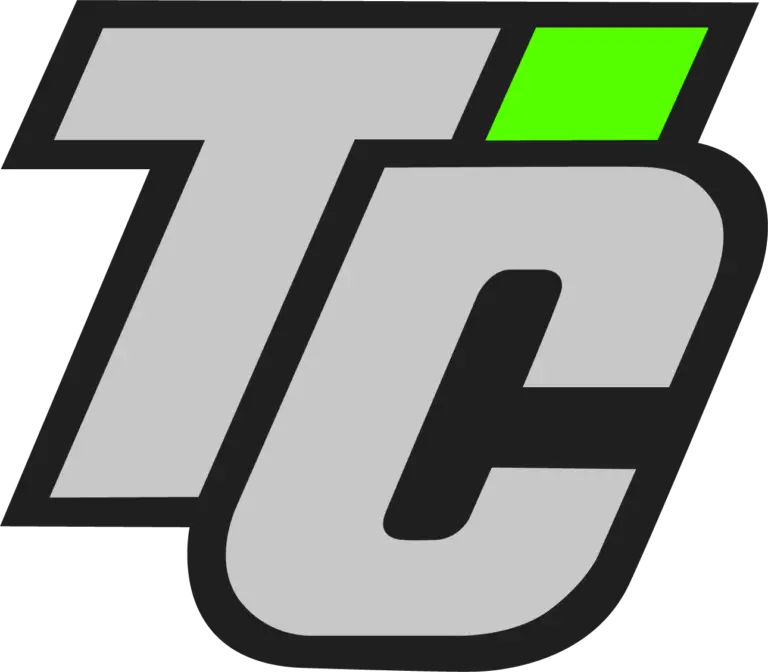
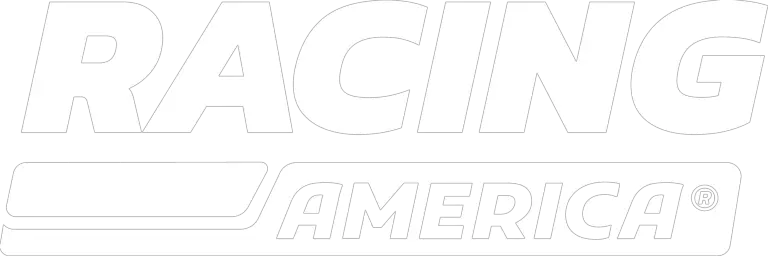
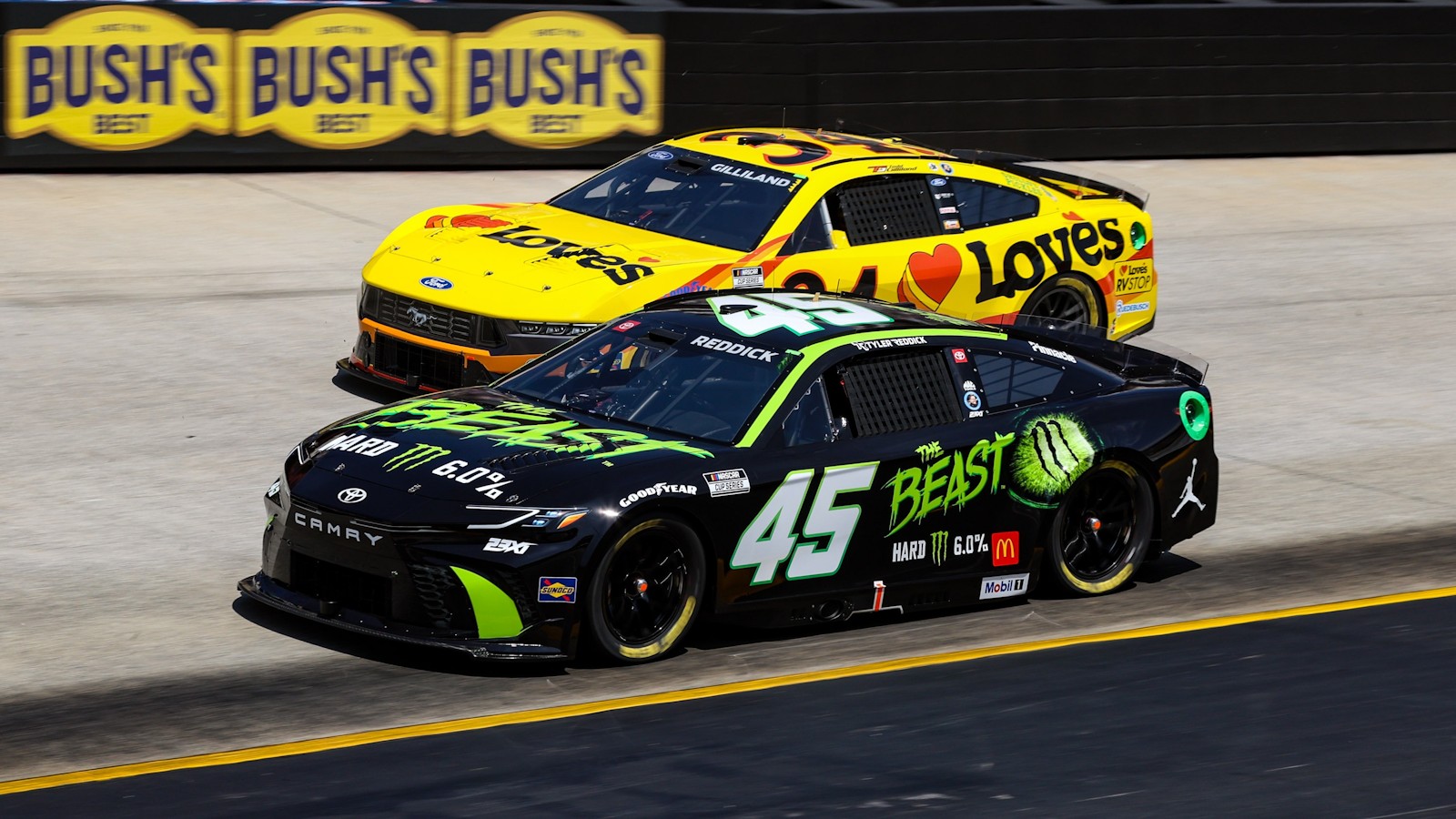
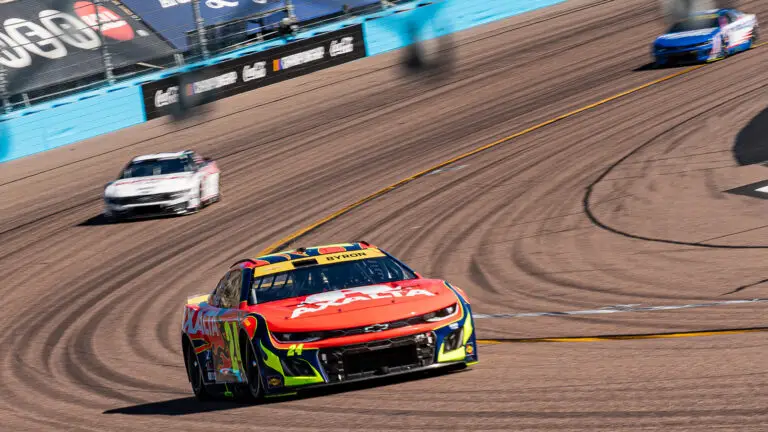
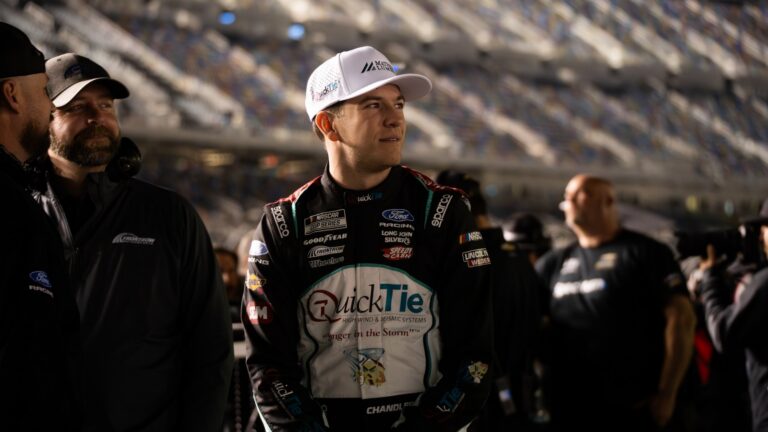
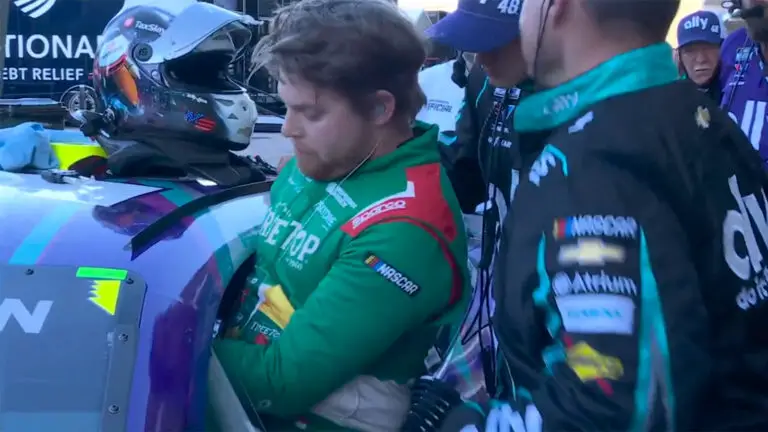
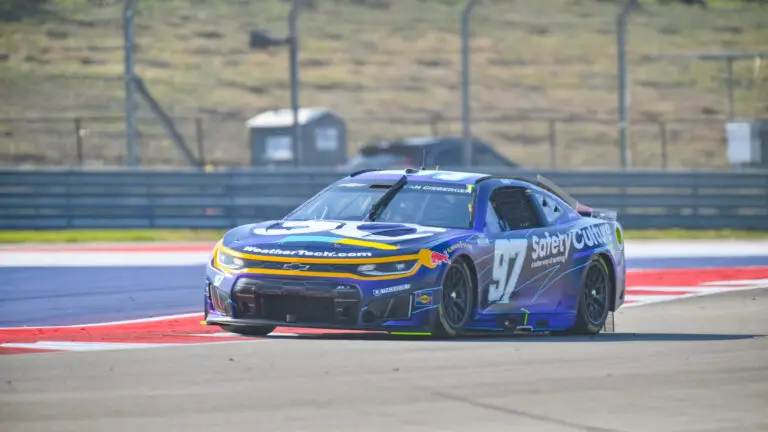
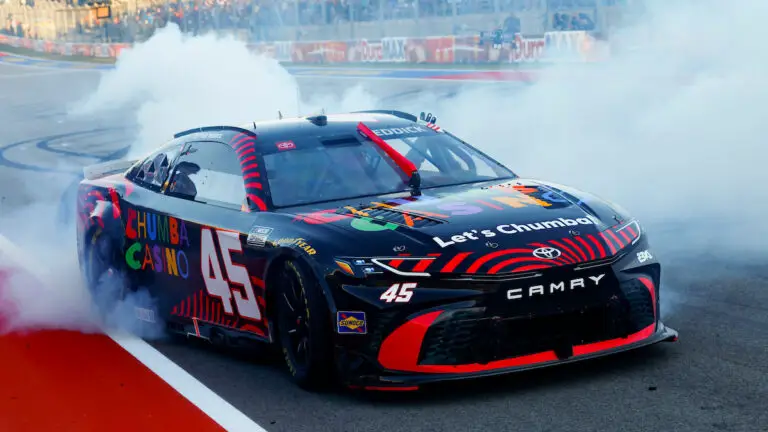
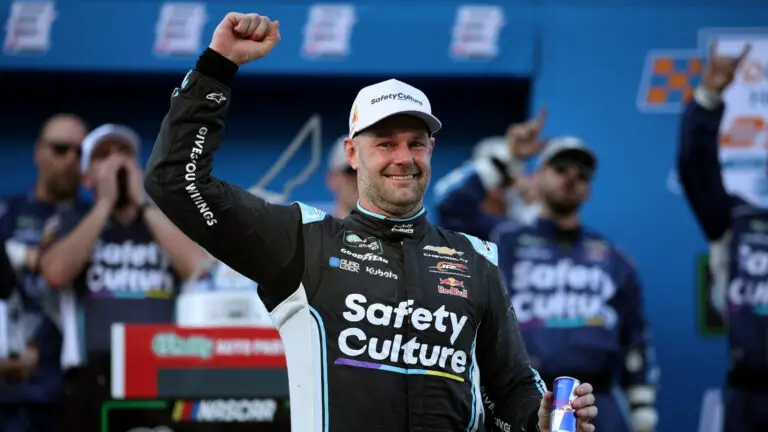
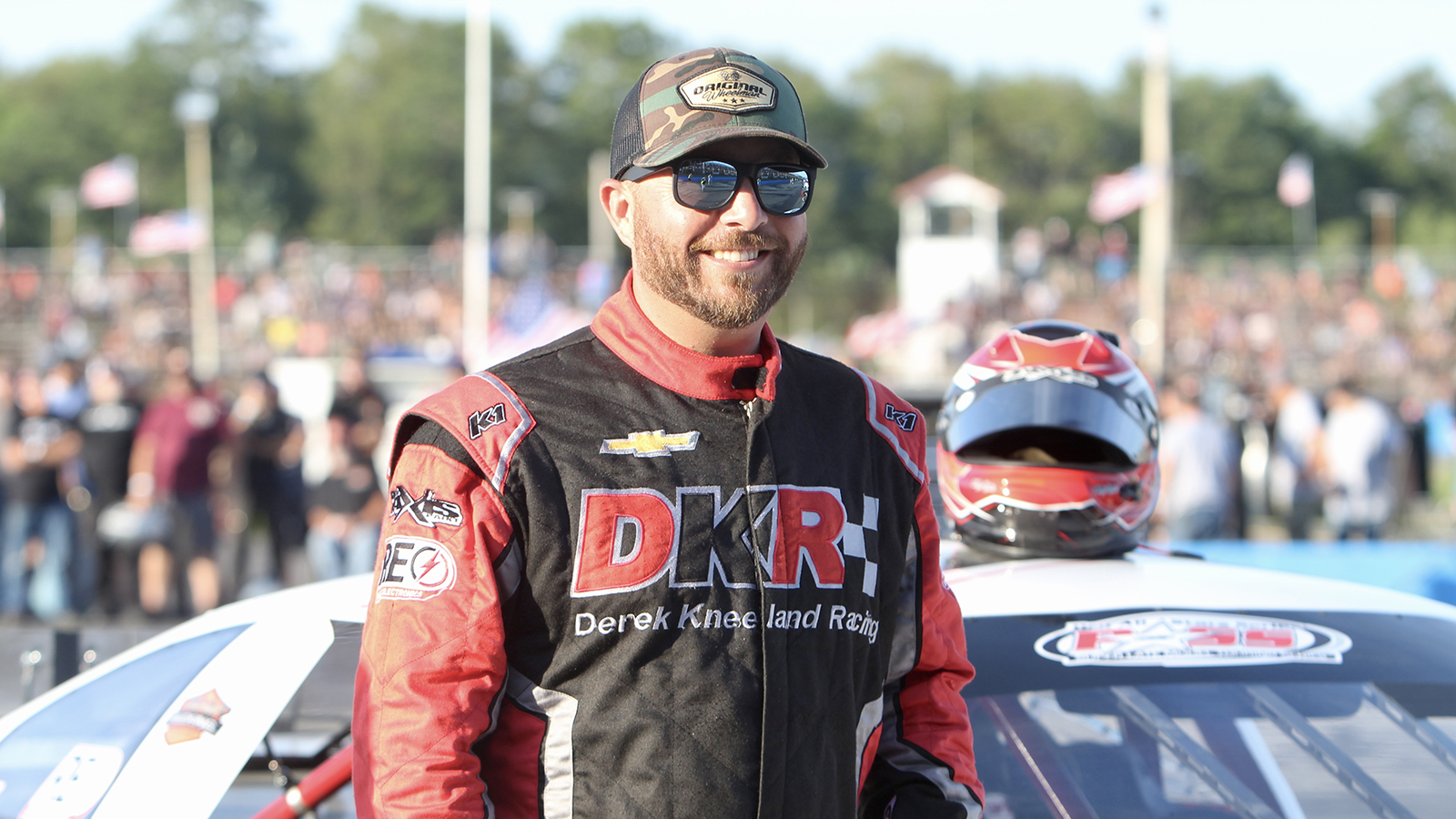
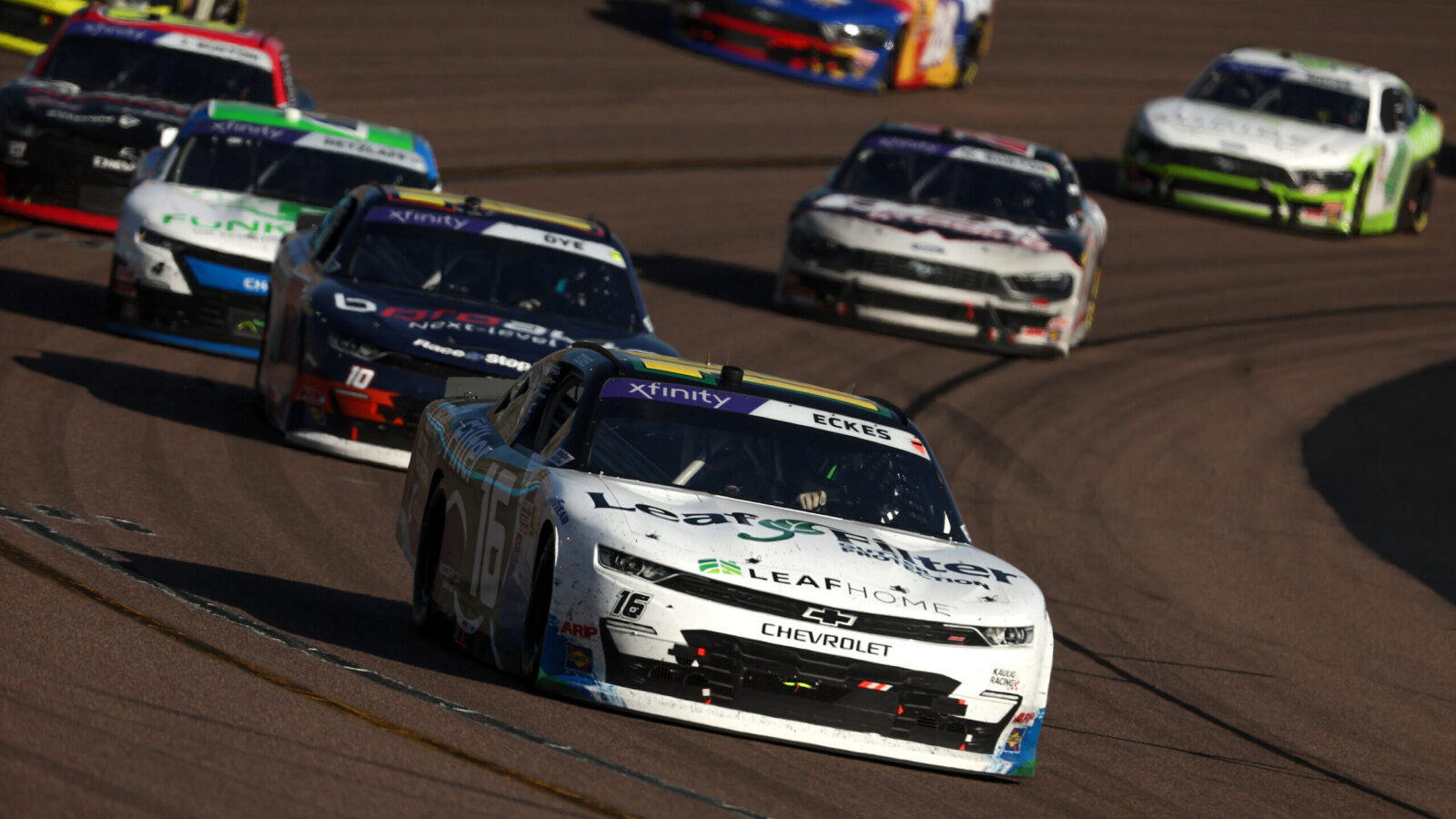
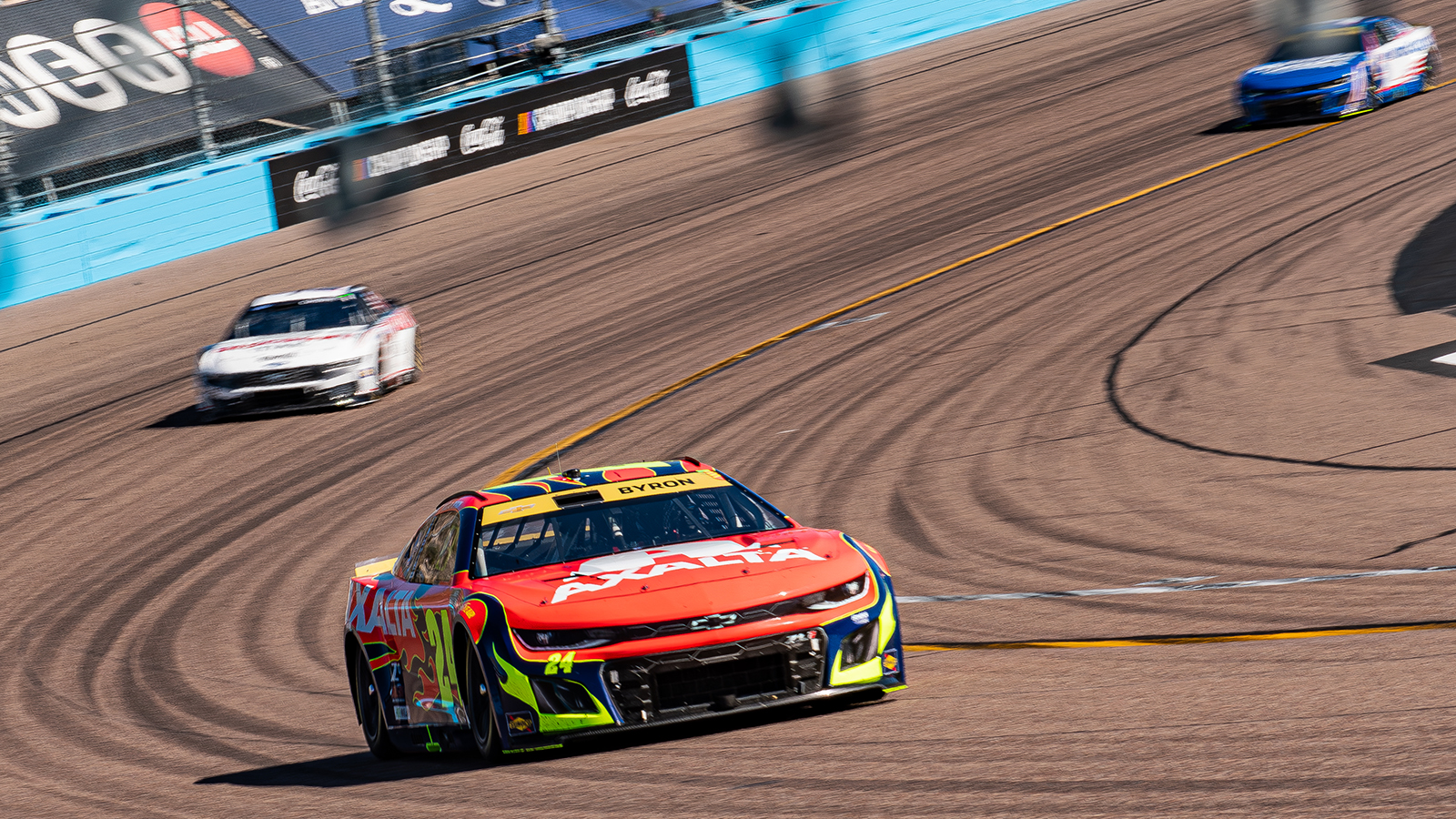
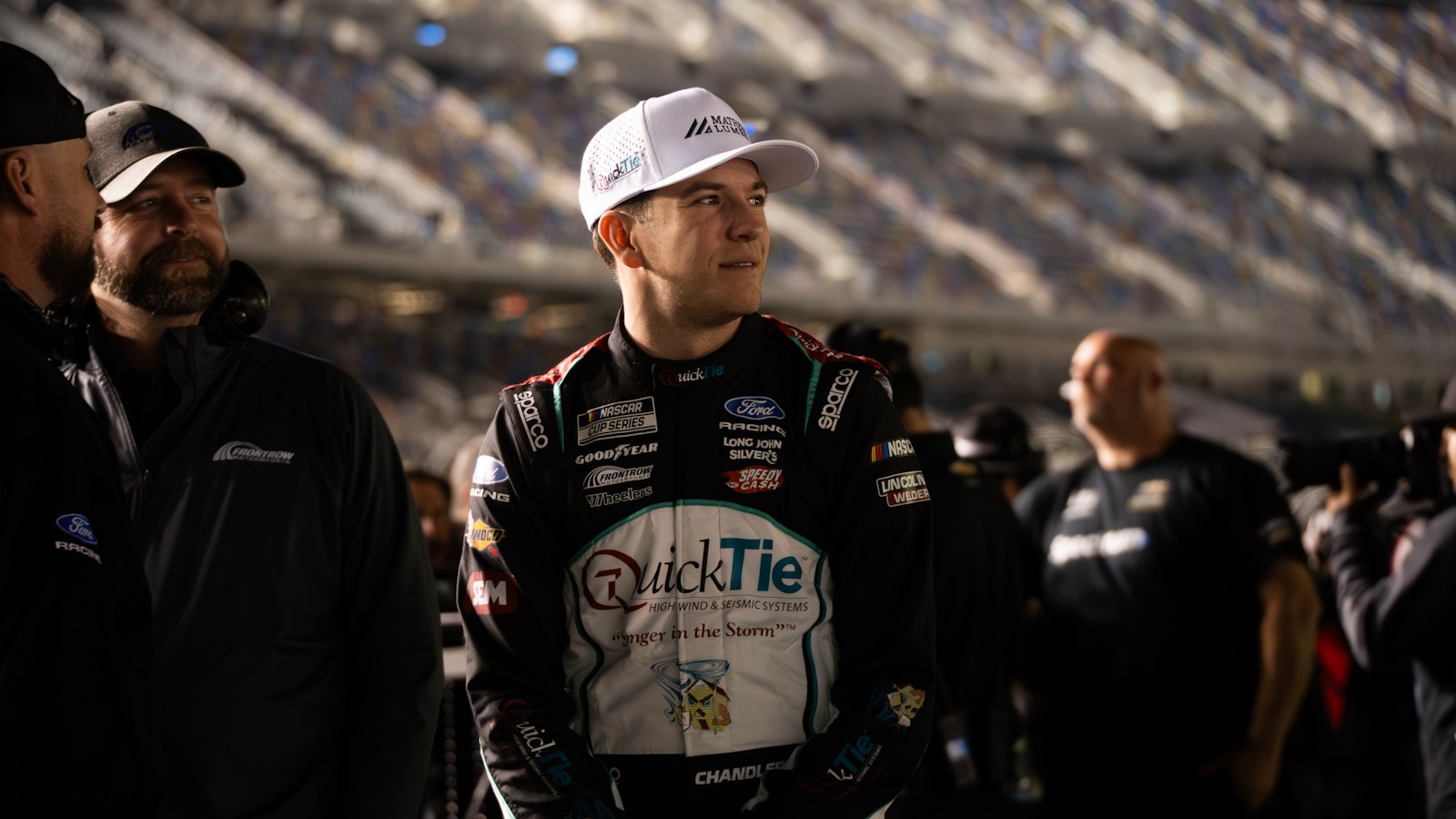
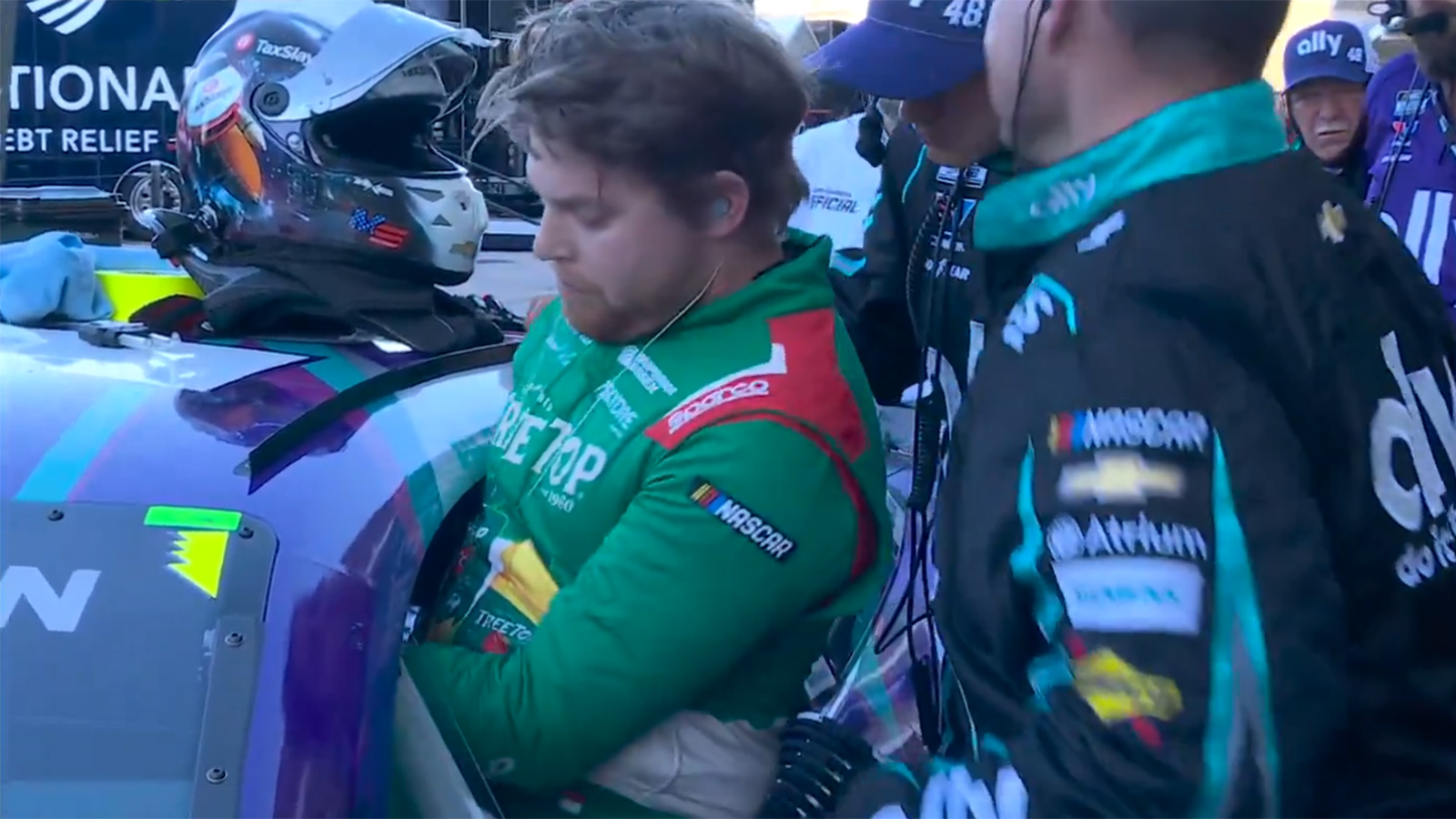
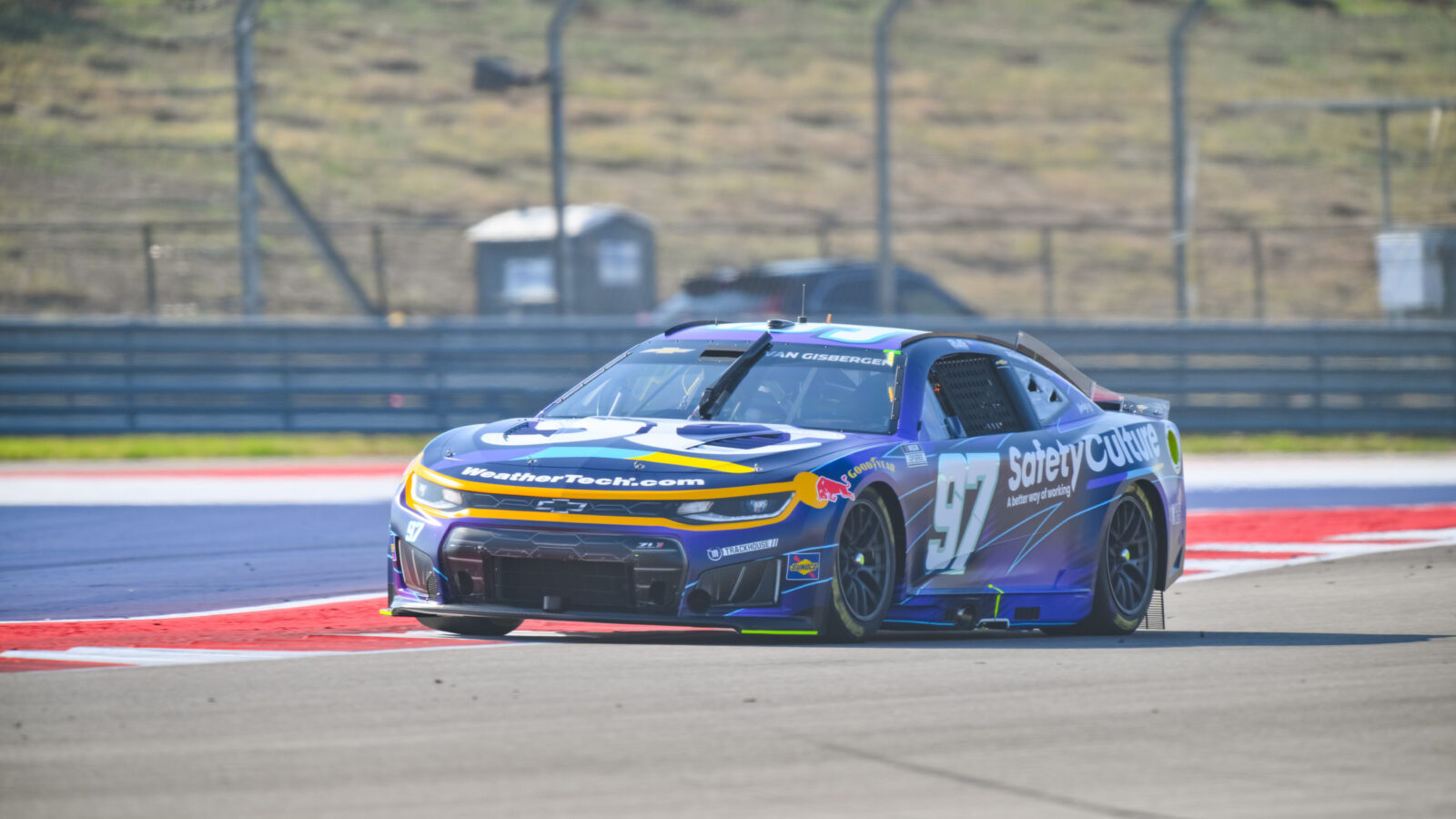
One Response
if a car(business) passes safty insp and can pay entrance fee which is probably huge for gods sake let em race.